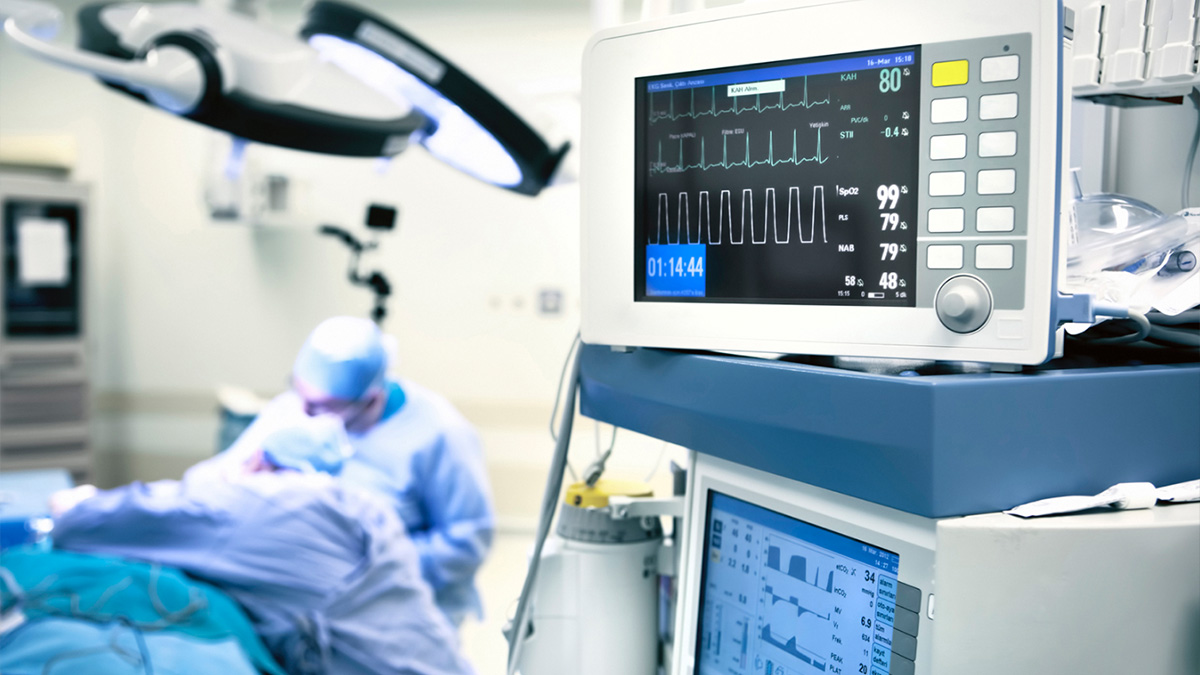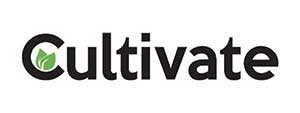
A leading US medical association is recommending that patients who undergo any surgery that requires anesthesia should first be screened for cannabis use.
These new recommendations come from a new set of pre-surgery guidelines recently published by the American Society of Regional Anesthesia and Pain Medicine (ASRA). The group began developing these guidelines in 2020 to address concerns over interactions between cannabis and common anesthetic drugs. Now that more and more US states are legalizing weed, these concerns are becoming increasingly prevalent.
“Cannabis is the most commonly used psychotropic substance after alcohol and the most common recreational drug used in the USA with about 10% of the population (27.6 million people) reporting monthly use in 2018,” the ASRA explains in a new report. “With the rising prevalence of both medical and recreational cannabis use in the general population, anesthesiologists, surgeons, and perioperative physicians must have an understanding of the effects of cannabis on physiology in order to provide safe perioperative care.”
Numerous research studies have now confirmed that people who use cannabis regularly require higher doses of anesthetic drugs than non-users. Patients who receive too low a dose could risk waking up during a surgery or requiring additional last-minute doses of medication. To address these concerns, the ASRA recommends that doctors ask every patient undergoing anesthesia whether or not they use cannabis and, if so, how frequently.
“Before surgery, anesthesiologists should ask patients if they use cannabis – whether medicinally or recreationally – and be prepared to possibly change the anesthesia plan or delay the procedure in certain situations,” said Samer Narouze, MD, PhD, senior author and ASRA Pain Medicine president, in a statement.
Patients who get high immediately before surgery could face an even higher level of risk. In addition to increasing the need for anesthesia, cannabis can temporarily increase heart rates and lower blood pressure. These concerns are especially critical because sedative drugs can increase the risk of heart attacks, especially at higher doses. The combination of these factors can lead to serious complications during surgery, including an increased risk of death.
In circumstances when a patient says that they have recently used cannabis, the ASRA recommends delaying non-emergency surgeries for at least two hours to give them a chance to sober up first. Doctors are also advised to postpone elective surgery in patients who “have altered mental status or impaired decision-making capacity due to acute cannabis intoxication.”
Dr. Narouze also recommends that physicians should “counsel patients about the possible risks and effects of cannabis. For example, even though some people use cannabis therapeutically to help relieve pain, studies have shown regular users may have more pain and nausea after surgery, not less, and may need more medications, including opioids, to manage the discomfort.”
The researchers developed these guidelines to improve health outcomes for cannabis users, but admitting to pot use can still lead to serious consequences for many patients as well. In many states, doctors will deny organ transplants or other necessary health care to patients who have admitted to pot use, even in legal-weed states. And in prohibition states, cops are still eager as ever to enforce the law, even against patients who are dying from cancer.
Fortunately, the ASRA does not believe that doctors should force patients who need surgery to take mandatory drug tests. The report argues that these tests would be ineffective because they can not indicate whether or not a patient is actively intoxicated at the time of the test. Also, most drug tests can only detect the presence of delta-9 THC, and not other cannabinoids that could potentially interact with anesthetic medications.
Chris Moore via (https://merryjane.com/news/anesthesiologists-recommend-doctors-screen-all-patients-for-weed-before-surgery)
Keep out of reach of children. For use only by adults 21 years of age and older.
